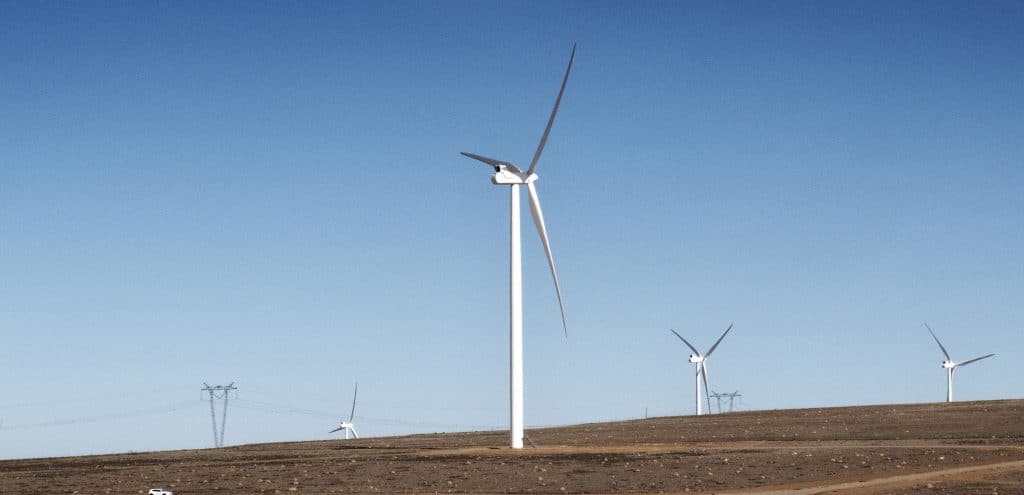The energy transition is accelerating in South Africa’s industry. One of the giants of the sector, Sasol, which specializes in chemicals, is making its ambitions concrete by signing, alongside the South African subsidiary of the French group Air Liquide, two power purchase agreements (PPAs) with Enel Green Power, the subsidiary of the Italian group Enel. The contracts are for the supply of 220 MW of wind power to the Secunda industrial site.
Located in the province of Mpumalanga, this site houses a synthetic fuel factory belonging to Sasol. The South African giant uses coal liquefaction to produce synthetic crude oil. In Secunda, Air Liquide completed the acquisition in 2021 of the world’s largest oxygen production site, equipped with 16 air separation units (ASUs). And from the outset, the French giant has committed to reducing carbon dioxide (CO2) emissions from oxygen production by 30-40% over the next 10 years.
1,200 MW of renewable energy capacity by 2030
The PPAs signed with Enel Green Power South Africa is therefore part of this eco-responsible approach. “The steps taken by Sasol and Air Liquide to secure a total of 900 MW of renewable energy capacity to decarbonize our operations in Secunda marks another step in Sasol’s goal of a total of 1,200 MW of renewable energy capacity by 2030. This is one of the largest private sector renewable energy procurement programs in South Africa,” says Priscillah Mabelane, Sasol’s Executive Vice President of Energy.
Read also- SOUTH AFRICA: Sasol and Itochu join forces to export green hydrogen
Independent power producer (IPP) Enel plans to build its wind farms at sites in the Eastern Cape, with an expected annual production of 800 GWh. As part of its contract, Enel will set up Special Purpose Vehicles (SPVs), with local community participation as is customary in South African clean energy projects.
In addition to purchasing electricity generated from renewable sources, Sasol wants to establish itself in the emerging green hydrogen industry, which is expected to lead to the decarbonization of the industry worldwide. In South Africa, Sasol has teamed up with global steel giant ArcelorMittal to decarbonize the Vaal and Saldanha industrial estates with green hydrogen.
Jean Marie Takouleu
